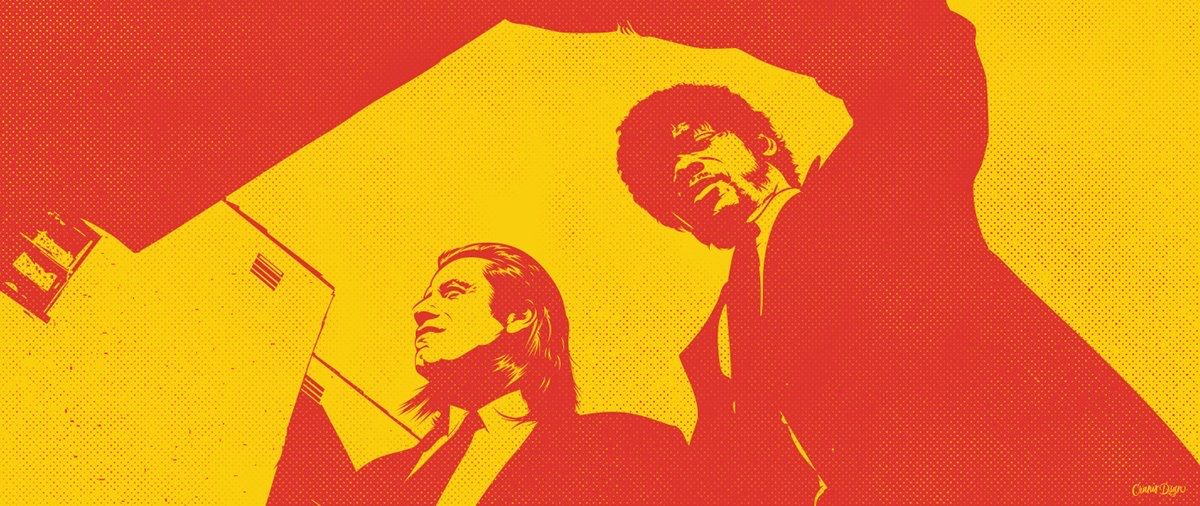Cobra Verde is a 1987 movie directed by Werner Herzog.

WHAT HAPPENS?
A bandit is sent to West Africa to convince a deranged King to resume slave trading with Brazil.
ONE LINE REVIEW
Cobra Verde is a vibrant Werner Herzog movie that features a classic Klaus Kinski performance.
THE ACTORS
In some respects, Cobra Verde is Kinski’s final powerful performance – or at least it’s his swan song with longtime collaborator Herzog. Kinski plays the bandit Cobra Verde with intriguing passive-aggressive tendencies – similar to the actor’s natural personality. For long stretches, Kinski is sullen – acting nearly entirely with his expressive eyes. As the movie progresses, Kinski seethes with contempt – erupting against the cast of countless native extras. Yet at times, the performance feels empty – an aging actor is prodded into rage.

THE DIRECTOR
Herzog’s setting is again brutally natural – we see the human and physical decay of an abandoned settlement, along with the casual degradation of chained slaves. There is no social statement to be made here – Herzog is again creating masterful realism. The scope of extras employed are extraordinary – his cameras continue to pull back revealing endless natives. In more narrative scenes, the brilliant colors, emotions and language of the locals creates a vibrancy not found in most movies.
Continue reading “Cobra Verde”



